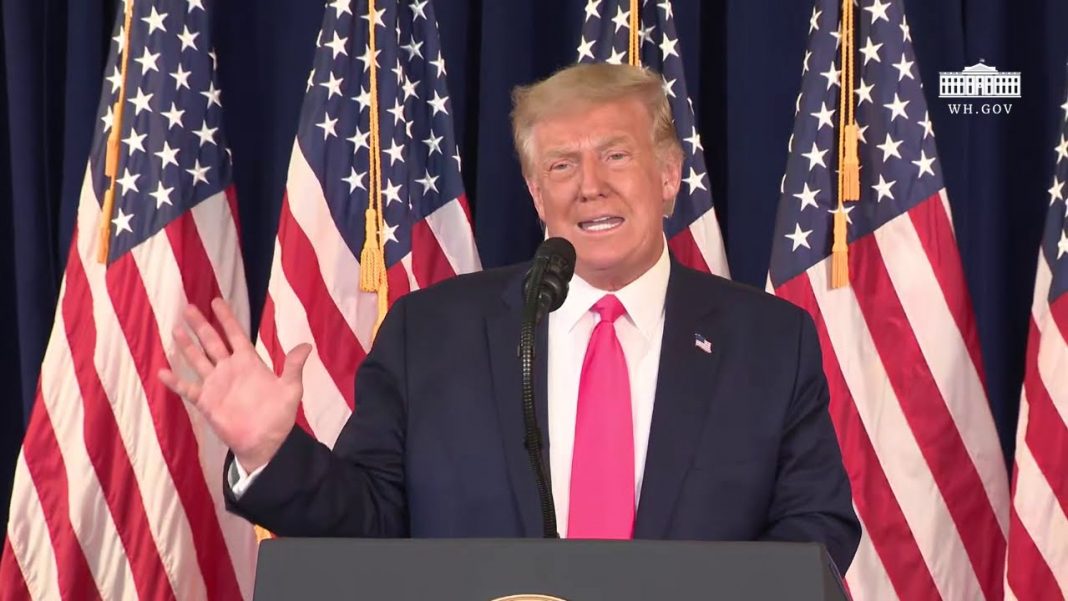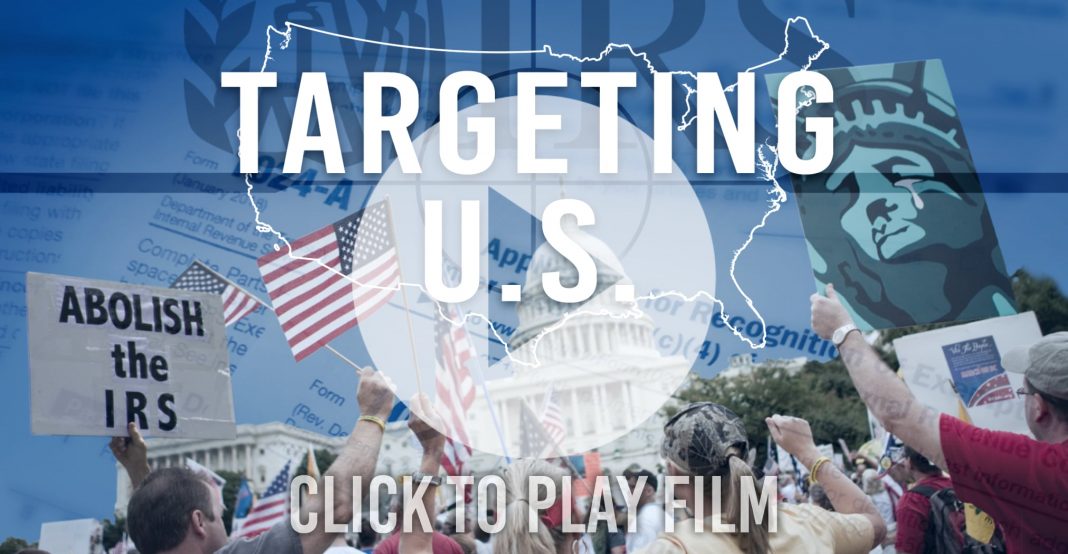The Trump administration on Aug. 7 sanctioned Hong Kong leader Carrie Lam and 10 other Hong Kong and Chinese officials for undermining the city’s autonomy and freedoms.
Other than Lam, six other Hong Kong officials were sanctioned, including the current and preceding Hong Kong police chiefs, and the city’s security and justice secretaries. Four Chinese officials were also targeted, including the head of the Liaison Office, Beijing’s representative office in the city, and the head of a central government office for handling Hong Kong affairs in Beijing.
The sanctions freeze any U.S. assets the officials possess, and generally bar Americans from doing business with them.
The measures were imposed in response to Beijing’s implementation of a national security law for the city, which has led to heightened authoritarian control over the city, the Trump administration said.
“This law, purportedly enacted to ’safeguard’ the security of Hong Kong, is in fact a tool of CCP [Chinese Communist Party] repression,” Secretary of State Mike Pompeo said in a Friday statement, adding that it violated Beijing’s promise to uphold the territory’s autonomy upon its transfer of sovereignty from British to Chinese rule in 1997.
In the month since the law went into effect, the Hong Kong government has escalated attempts to curb the city’s freedoms. Authorities postponed a scheduled September legislative election for a year, citing COVID-19 fears, and disqualified 12 pro-democracy candidates who won votes in an unofficial primary.
Popular protest slogans were also outlawed.
On Aug. 6, the government charged 24 pro-democracy advocates who attended a vigil to commemorate victims of Beijing’s brutal crackdown of the 1989 Tiananmen Square protests, accusing them of “knowingly taking part in an unauthorized assembly.” Police had banned the vigil this year over the pandemic, though many Hongkongers still showed up at the scheduled location in defiance.A number of pro-democracy advocates, including those residing outside Hong Kong, have also been charged for violating the new law.
Pompeo said that Lam and six members of her administration were sanctioned for their roles in developing and implementing the national security law, and also for “coercing, arresting, detaining, or imprisoning individuals” under the law.







